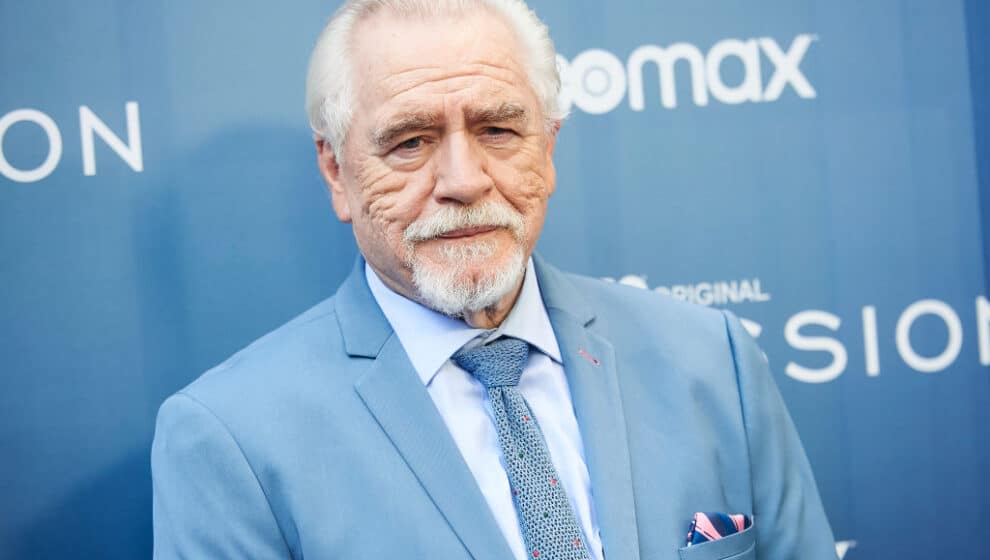*Spoiler alert for those planning to watch Season 4, Episode 3 of Succession.
The death of a company CEO can affect the business in two ways—sending stocks plummeting or starting a stock-buying frenzy sending prices rising.
Key Details
- In the third episode of the final season of Succession, the head of the multibillion-dollar family media business Logan Roy dies suddenly. After the news gets to the media, the stock plummets.
- Stock prices rise nearly half the time when a CEO dies unexpectedly, according to a study of 240 U.S. public companies from 1950 to 2009 by the University of Notre Dame and the University of Georgia.
- Stock prices tend to fall after the death of a successful CEO, and prices tend to rise when an insufficient leader dies, the study shows.
- Prices also tend to decline after a leader’s death when a new successor is not immediately announced as investors feel the company is likely to experience volatility.
Why it’s news
CEOs are the backbone behind many large companies, and the leader’s image can sometimes be a huge driving factor behind the price of company stocks. If a leader is well-liked, it can drive stock prices up, and on the opposite end, if a leader is disliked, it can drive prices down.
Logan Roy was the CEO of the multibillion-dollar family business Waystar. He was mercurial, dictatorial, and not, even at age 80, willing to hand over the top of the organization chart to anyone. No succession plans were in the works at the time of his death, so investors were clearly nervous when they heard the news. It’s no doubt that chaos could follow in the board room, thus the drop in the price of the company stock.
The same goes for when a company leader passes away, it can send stocks surging or plummeting quickly. If the leader is seen as successful and has driven the company forward, the stock will often fall after the CEO’s death as investors are unsure how well the next leader will fill the role.
The day after Apple founder Steve Jobs died in 2011, following a public battle with pancreatic cancer, Apple stock showed some volatility, with slight gains and losses. But analysts expressed confidence that the company would continue to drive growth under its new chief executive, Tim Cook, who took over from Jobs a few months earlier, which it ultimately did, according to The Wall Street Journal.
Another example is last September, when Bed, Bath & Beyond’s CFO died, in an apparent act of suicide, the company’s stock lost 15%.
Another factor that ties into the stock price is how well the company is prepared for an unexpected death. In some cases, CEOs’ deaths are foreseen due to illness or other factors, and a plan is already in place, but in other cases, the leader’s death is completely unexpected, causing the company to scramble to find a successor.
When investors think that a company is unprepared and a new leader steps up that is not ready for the role, it can leave the business volatile and send stock prices plummeting.
